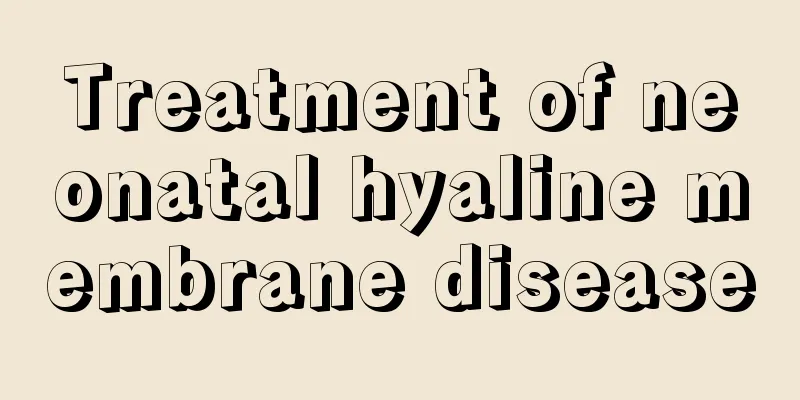What are the effects of dental deformity on children's health?

|
If your child has symptoms of tooth deformity, you must not have the idea that you don't need to worry about your child's deciduous teeth deformity and that it will be fine once the permanent teeth grow in. This idea is very wrong. Children's tooth deformities must be treated promptly to avoid the occurrence of certain diseases, affect nutritional intake, and affect the normal growth and development of permanent teeth. 1. Prone to oral ulcers Teeth and mucous membranes, one hard and one soft, can usually coexist peacefully. However, when the teeth rot, they lose their original smooth appearance and become residual crowns and roots. Their sharp edges may pierce the tongue and oral mucosa. Over time, oral ulcers may form. The oral mucosa plays an important role in protecting various tissues and immune barriers under the mucosa. Once "broken", it facilitates the "invasion" of various pathogens. It can induce various diseases throughout the body, such as fever, toothache, headache, pneumonia, bronchitis, etc. 2. Affecting Nutritional Intake Teeth are the first barrier of the digestive system. When there are "rotten teeth", it will affect the normal chewing function to a certain extent, so that the food eaten cannot be well cut, torn, ground and chewed, and directly enters the stomach and intestines, which greatly increases the burden on the gastrointestinal tract. in addition Due to bad teeth, children will not like to eat meat or vegetables and other foods that are difficult to chew and easy to get stuck in teeth. Over time, they will develop bad habits of picky eating, which affects the balanced intake of nutrition.3. Affect the normal development of permanent teeth If the caries of deciduous teeth are not treated, food can easily get stuck in the hole when eating, which can cause bacteria to gather over time and lead to caries in other teeth. When the caries cavity continues to penetrate deeper and invades the dental nerve, it can cause severe inflammation and severe toothache. If the inflammation continues to develop to the root apex, it may affect the normal development of the permanent tooth germ and even cause permanent tooth enamel development disorders and dentition malformations. 4. Affect maxillofacial development When children have rotten teeth, they may feel uncomfortable chewing with the rotten teeth and use the teeth on the opposite side more often to chew. This can easily lead to a habit of unilateral chewing, which in the long run can cause facial development to become increasingly asymmetrical. In short, when you find that your child has rotten teeth, do not take it lightly. Of course, the most important thing is to do a good job of prevention. It is very necessary to keep the oral cavity clean and have regular oral examinations. It is best to take your child to the dental department for oral health care every 3 months to half a year. |
<<: How to prevent herpetic pharyngitis in children?
>>: How to determine if your child has ADHD?
Recommend
What should I do if my child has rheumatism?
Rheumatism is a relatively common disease. The pa...
Children who eat too well will grow slower
If a child's protein intake is too high for a...
When do children's teeth begin to develop?
The development of children's teeth is relati...
What is the standard for a five-month-old baby?
The growth of the baby is a topic that every moth...
Black stool in children
Raising a child is not an easy process, because p...
Three-year-old child crying in the middle of the night
Nowadays, many young couples have their own caree...
What are the methods to stop diarrhea in children?
Children generally have weaker physical constitut...
How long does it take for a newborn to turn white?
Many babies have dark skin when they are born, wh...
How to educate a 2-year-old baby
For children, their growth process is a process o...
Why does my child have a headache?
When a baby has a headache, it is usually caused ...
What should I do if my child doesn't like to eat recently?
My child used to have a good appetite and would e...
Is it good for children to eat monk fruit when they have a cough?
Children are a special group. Because their resis...
Symptoms of hepatosplenomegaly in babies
Hepatosplenomegaly is a relatively common disease...
What are the symptoms of autism in infancy?
In modern society, there are more and more childr...
Is it normal for newborn babies to have peeling skin on their hands?
When it comes to the treatment of neonatal diseas...









